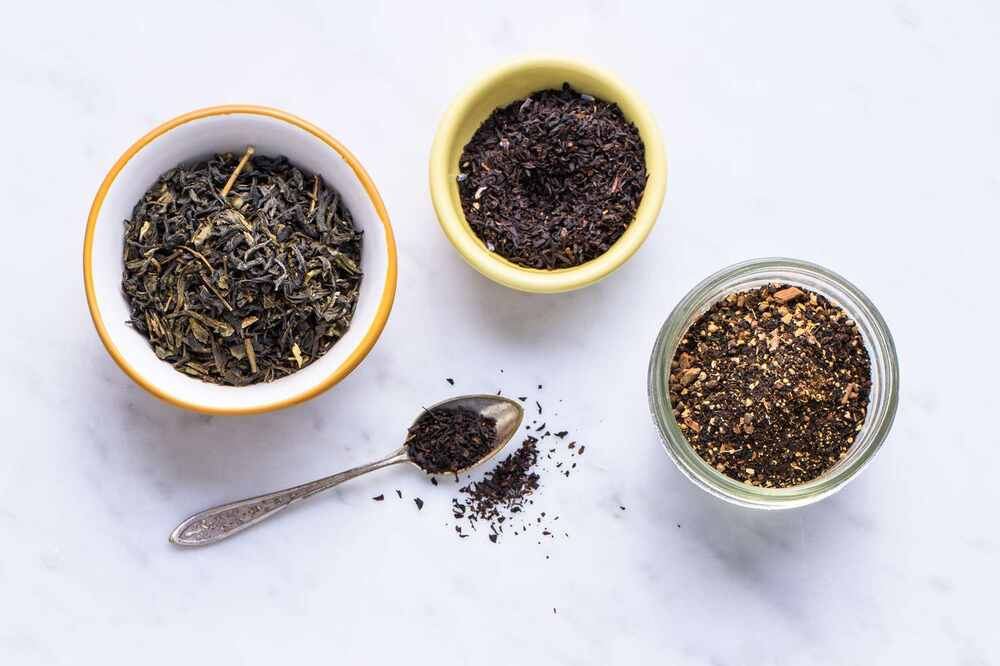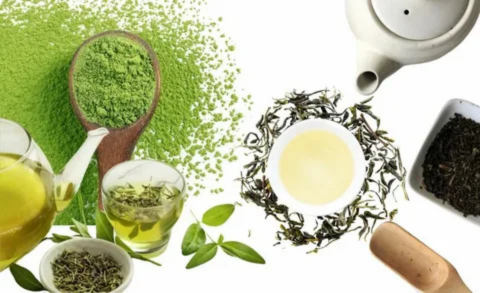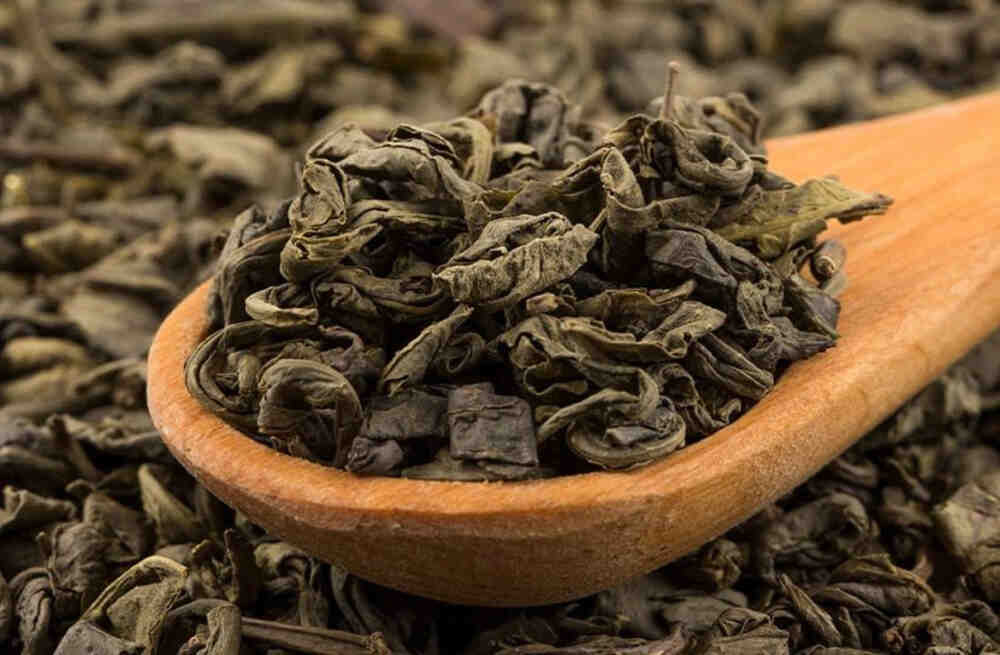Learn how green tea FODMAP levels affect IBS and digestion. Discover safe brewing tips, gut health benefits, and whether green tea suits a low-FODMAP diet.
Introduction
The low-FODMAP diet has become a trusted tool for people managing irritable bowel syndrome (IBS) or chronic digestive discomfort. By reducing fermentable carbohydrates—known as FODMAPs— many people experience noticeable relief from bloating, gas, and abdominal pain.
Still, there are often questions about beverages, especially tea, and one of the most common concerns is whether green tea FODMAP content makes it safe or risky for sensitive individuals. Many wonder, “Can you enjoy a soothing cup without triggering symptoms?”
This article takes a closer look at the research behind green tea and FODMAPs, explains how to brew it safely, highlights its digestive health benefits, and clarifies when it may still cause problems for some people.
What Is the FODMAP Diet & Why “Green Tea FODMAP” Matters
FODMAPs are fermentable short-chain carbs (like fructans, lactose, polyols, and galacto-oligosaccharides) that some people struggle to digest. They draw water into the intestine and ferment quickly, often causing discomfort. Because beverages are a daily habit, knowing whether a drink fits into the low-FODMAP plan is essential. The green tea FODMAP question matters because tea is widely consumed, and for those with IBS, it’s important to know if it is a safe, gut-friendly choice.
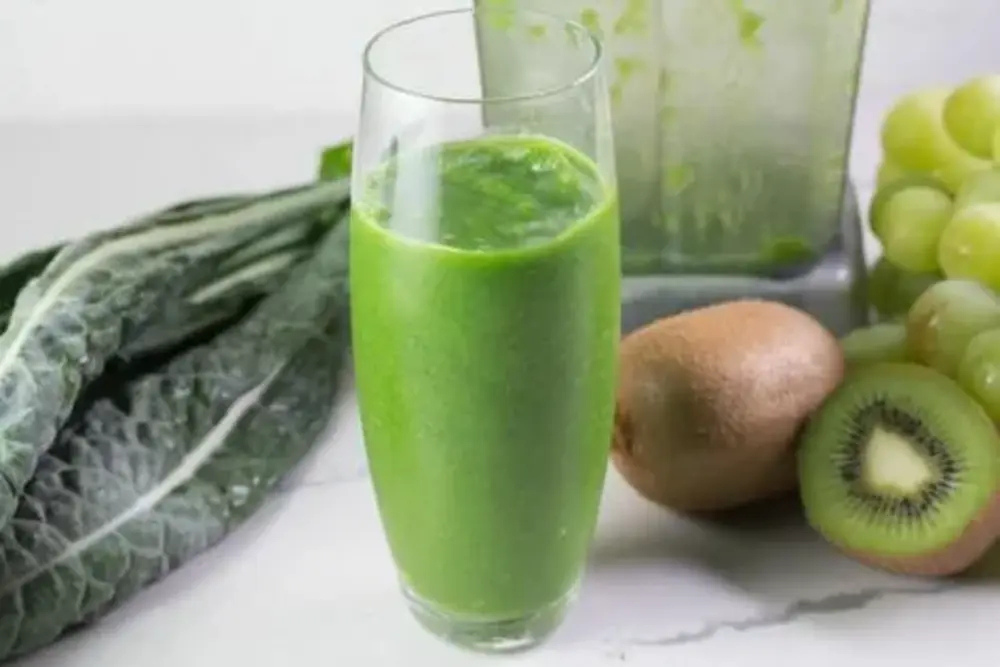
Is Green Tea FODMAP-Safe? What the Science Says
Plain brewed green tea is generally considered low FODMAP in a standard 250 ml serving. Monash University, a leading authority on FODMAP testing, lists green tea as safe when consumed in moderate amounts. Unlike foods high in fructans or polyols, green tea doesn’t contain significant FODMAP sugars.
However, tolerance isn’t just about FODMAPs. The green tea FODMAP profile remains safe, but caffeine and polyphenol content may still affect digestion. Strong brews or multiple cups can cause discomfort in sensitive individuals. Additionally, flavored blends that include dried fruit, honey, or high-FODMAP sweeteners may compromise its safety. The takeaway: pure, lightly brewed green tea is a reliable low-FODMAP choice.
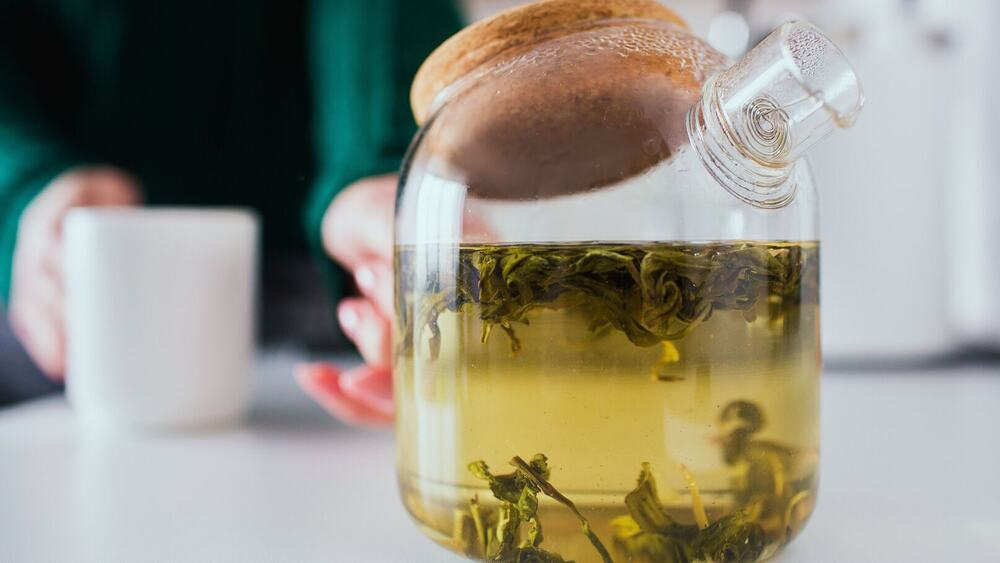
Brewing Green Tea for Low FODMAP Tolerance
Preparation matters as much as the tea itself. To keep green tea FODMAP safe:
| Step | Instruction / Note |
|---|---|
| 1. Measure Tea | Use 1 teaspoon of loose leaves or 1 tea bag per 250 ml cup |
| 2. Water Temperature | Steep in hot water around 75–80°C (not boiling) |
| 3. Steeping Time | Brew for 2–3 minutes only; avoid over-steeping to reduce caffeine and tannins |
| 4. First Rinse Method | For sensitive drinkers: steep for 30 seconds, discard, then brew again |
Avoid adding honey, fruit syrups, or other high-FODMAP sweeteners. If you prefer sweetness, use maple syrup sparingly or enjoy the natural flavor. By brewing gently, you ensure green tea FODMAP safety while retaining antioxidants.
Green Tea, IBS & Gut Health Benefits
Beyond being low FODMAP, green tea offers benefits for digestive health. It is rich in catechins, especially EGCG, which have anti-inflammatory and antioxidant properties. These may help reduce low-grade gut inflammation, a common issue for IBS sufferers.
Compared to coffee and black tea, green tea has less caffeine, making it easier to tolerate. In moderate servings, caffeine may even stimulate healthy bowel function without causing overstimulation. Some studies suggest that green tea polyphenols also encourage the growth of beneficial gut bacteria.
This makes low FODMAP green tea not only safe but potentially supportive of gut health, hydration, and overall well-being.
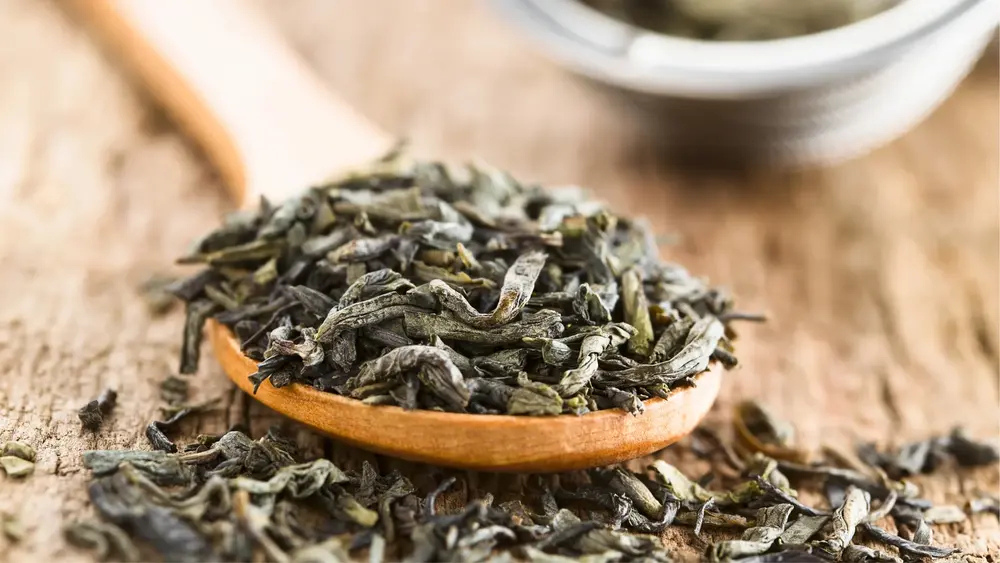
When “Green Tea FODMAP” Tolerance Fails
Despite its low FODMAP profile, not everyone tolerates green tea well. Possible triggers include:
- Caffeine sensitivity: Even at lower levels, caffeine may cause jitters or loose stools in sensitive individuals.
- Tannins: These compounds can irritate the stomach lining, particularly if tea is consumed on an empty stomach.
- Blends: Green teas mixed with dried fruit, honey, or artificial flavors may no longer be low FODMAP.
In these cases, adjusting serving size, reducing steeping time, or switching to caffeine-free herbal alternatives can help. Remember, green tea FODMAP safety is about both preparation and personal tolerance.
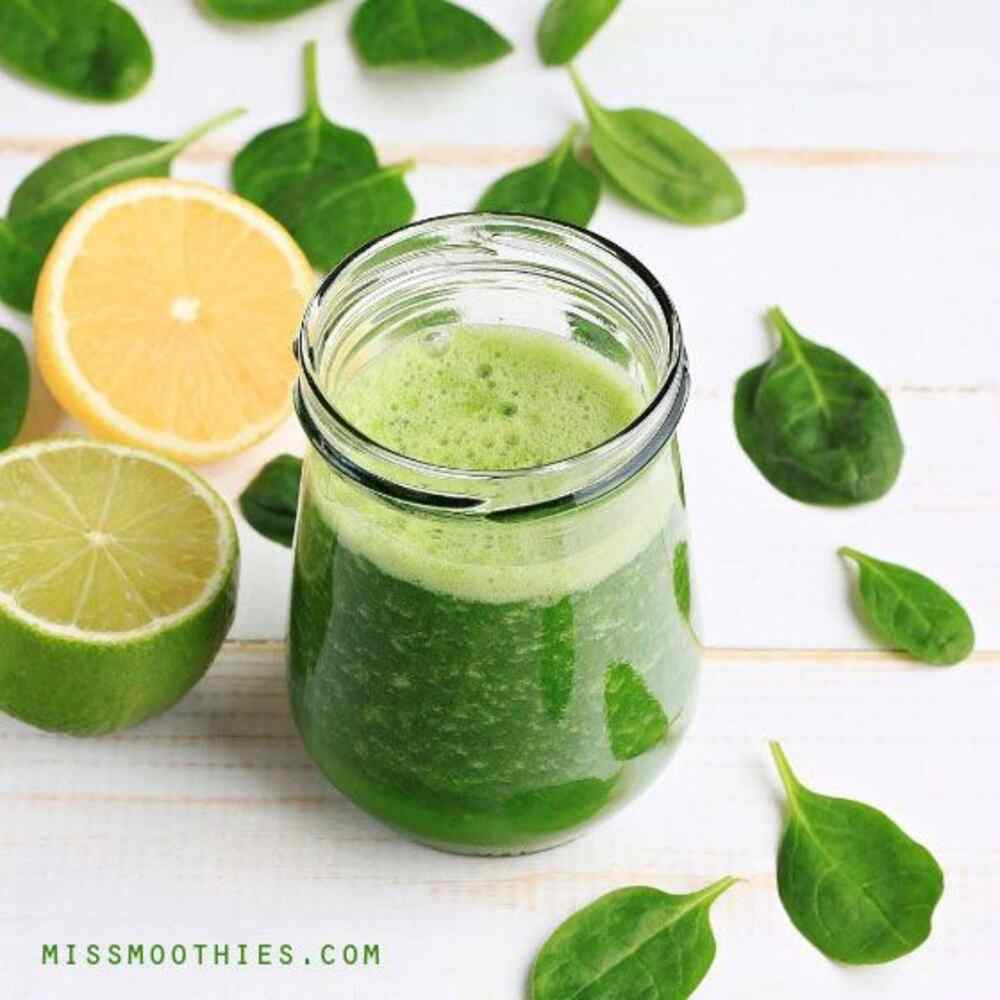
Smart Ways to Use Green Tea on a Low-FODMAP Diet
Incorporating green tea FODMAP safe servings is simple:
- Enjoy one or two cups daily, brewed lightly.
- Drink after meals to reduce stomach irritation.
- Prepare iced green tea without high-FODMAP syrups.
- Use green tea as a base in low-FODMAP smoothies with lactose-free yogurt, rice protein, or safe fruits.
- Pair it with snacks like rice cakes or lactose-free yogurt.
These habits allow you to enjoy the flavor and benefits while staying within the limits of a low-FODMAP lifestyle.
Green Tea FODMAP vs Other Teas
Comparing teas highlights why green tea is such a reliable choice:
| Tea Type | FODMAP Level | Caffeine Content | Digestive Notes |
|---|---|---|---|
| Black Tea | Low FODMAP | High | Can be harder on sensitive stomachs |
| Oolong Tea | Low/Moderate | Moderate | Generally safe, but less researched than green tea |
| Herbal Teas | Varies | Caffeine-free | Peppermint & Rooibos = Low FODMAP; Chamomile & Fennel = High FODMAP (avoid) |
This makes green tea FODMAP friendly brewing a balanced option: antioxidant-rich, moderate caffeine, and widely studied for digestive support.
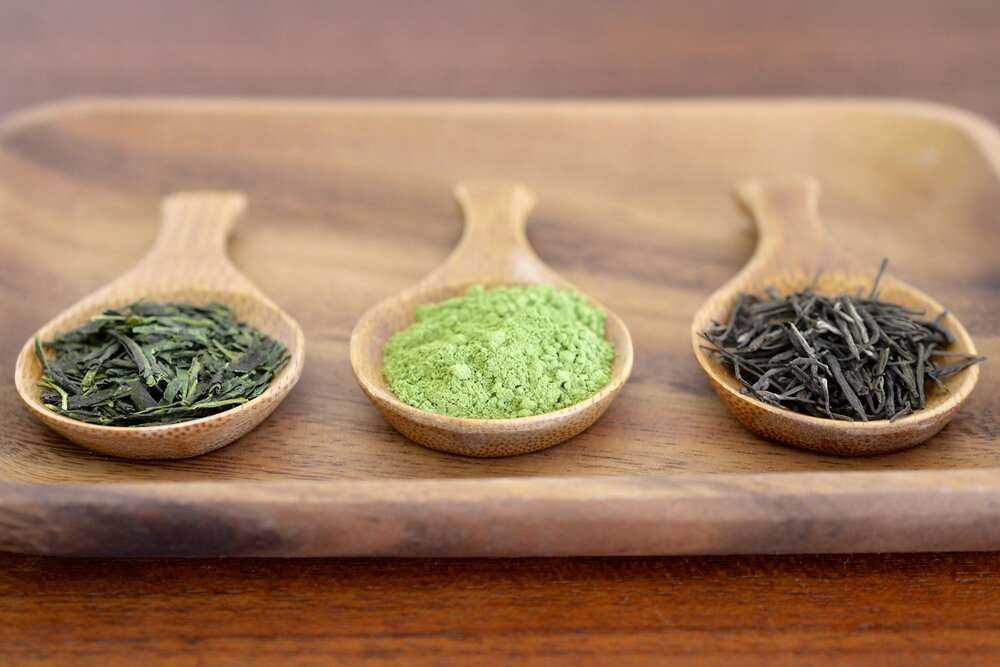
FAQ
Is green tea considered low FODMAP?
Yes, plain brewed green tea is low FODMAP in a standard 250 ml serving.
Does brewing time affect FODMAP content?
FODMAP sugars stay low, but long steeping increases caffeine and tannins, which may irritate digestion.
Are matcha or green tea blends safe?
Matcha can be tolerated in small servings. Blends with fruit or honey may contain high FODMAP ingredients.
Can caffeine in green tea trigger IBS?
Yes, some people are caffeine-sensitive. Stick to one or two cups daily.
How many cups per day are safe?
One to two cups of low FODMAP green tea are typically well tolerated.
Conclusion
The green tea FODMAP profile is safe, making it one of the best beverage options for those on a low-FODMAP diet. When brewed lightly and enjoyed in moderation, green tea provides hydration, antioxidants, and potential gut benefits without the risk of high-FODMAP sugars. While caffeine or tannins may bother some, most people can comfortably enjoy one to two cups daily. In short, green tea FODMAP safe brewing makes it a smart, IBS-friendly addition to your diet.


